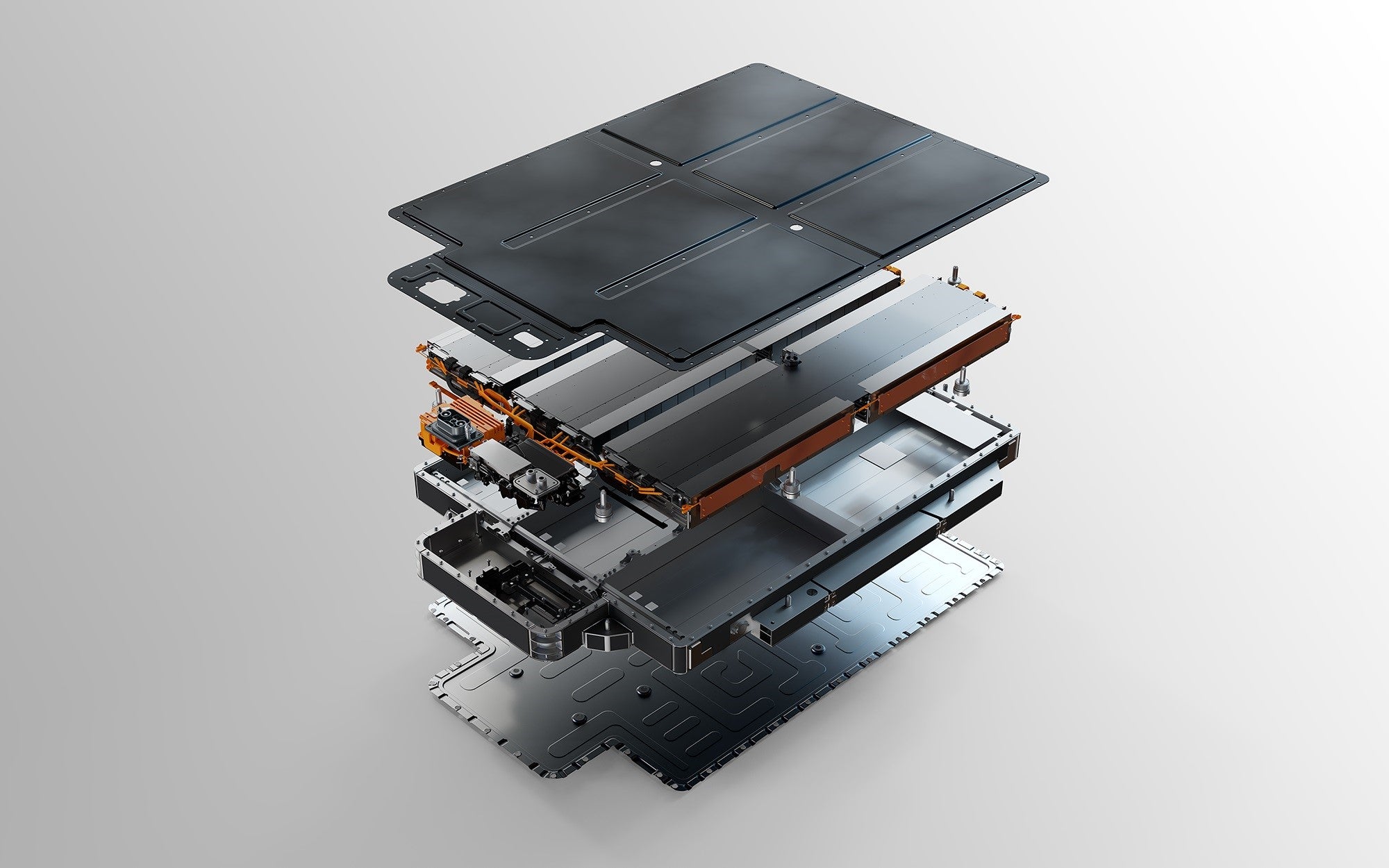
Chinese manufacturers strengthened their position in the global electric/hybrid vehicle battery market last year, mainly at the expense mainly of South Korean manufacturers, according to data from market research firm SNE Research.
The South Korean market tracker cited strong demand growth in China, where local manufacturers Contemporary Amperex Technology Company Limited (CATL) and BYD Auto dominate, as the main reason for the South Korean decline.

Discover B2B Marketing That Performs
Combine business intelligence and editorial excellence to reach engaged professionals across 36 leading media platforms.
China’s market for new energy vehicles, comprising mainly electric and hybrid-powered vehicles, surged by 157% to 3,521,000 units last year. This included 2,916,000 battery-powered vehicles, making China by far the largest single market for EVs globally.
CATL remains the single largest supplier of automotive lithium-ion batteries with a global market share of 32.6% last year, up by eight percentage points on the previous year. BYD is China’s second-largest supplier and fourth-largest worldwide, with an 8.8% global market share.
South Korea’s share of global automotive lithium-ion battery sales declined from 34.7% in 2020 to just over 30.4% last year. The country has three global suppliers, the largest of which being LG Energy Solution Ltd (LGES), followed by SK On and Samsung SDI Company.
SNE estimates LGES’ global market share to have declined from 23.4% to 20.3% last year, with the company remaining the second-largest global supplier after CATL, while SK On’s global share dropped by one percentage point to 5.6% and Samsung SDI’s share was down by 1.3 percentage points to 4.5%.
The third-largest global supplier is Japan’s Panasonic, which supplies Toyota and Tesla, with 12.2% market share.
LGES supplies General Motors, Tesla, Volkswagen and other global manufacturers and its rapidly expanding its global capacity at present, particularly in North America where it anticipates very strong demand growth in the current decade.
LGES’ CEO Kwon Young-soo, speaking ahead of the company’s IPO last month, said his company aims to overtake CATL to become the world’s largest global lithium-ion battery supplier by the end of decade. He listed his company’s key relative strengths, including its perceived larger order backlog which he says is worth some KRW260trn (US$218bn), stronger intellectual properties (IP) rights and a more diversified foreign client-base.
He added: “We overwhelm our competitor in terms of IP, we have a more diverse client base in the US and Europe and we have production bases in these regions to supply our clients, which CATL does not have.”
However, SNE pointed out: “As Chinese companies are now pushing for overseas expansion, this will likely act as a downside risk for South Korean battery makers”.




